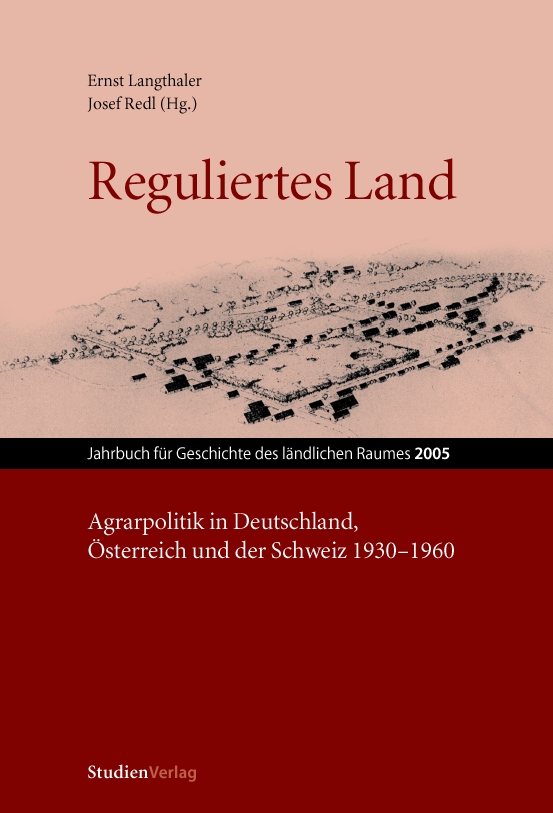Der Weg zum „sozialistischen Dorf“
Die Kollektivierung der Landwirtschaft und der Wandel des Alltagslebens im thüringischen Merxleben
DOI:
https://doi.org/10.25365/rhy-2005-10Abstract
At the Institute of German and comparative Folkloristic Studies at the University of Munich/Germany a research project was conducted that studied the everyday culture of a ‘socialist village’. It was planned as a comparative study of two socialist countries, the former GDR and Bulgaria. It became a case study of a Thuringian village (Merxleben) that relates the everyday life of its inhabitants to the agricultural politics and tries to work out the reciprocal influences on each other. Central events of agricultural politics were dominating the changes of everyday life: the land reform of 1945, the beginning of collectivisation in 1952, and finally the forced collectivisation of all still privately owned farms in 1960. The people of the village had to confront themselves with the normative political measures according to their possibilities, viewpoints, their social background and their future expectations in a political situation that was believed to be irreversible. One group and single people supported the measures, another group tried to slow them down. Finally, the agricultural-political objectives were met: the land was socialised, the production highly industrialised. Nevertheless the reality in Merxleben stayed far behind the highly demanding expectations, because the actors had not reflected the industrial workers in their habits, working and living conditions – the difference between city and country life had not been abolished.


